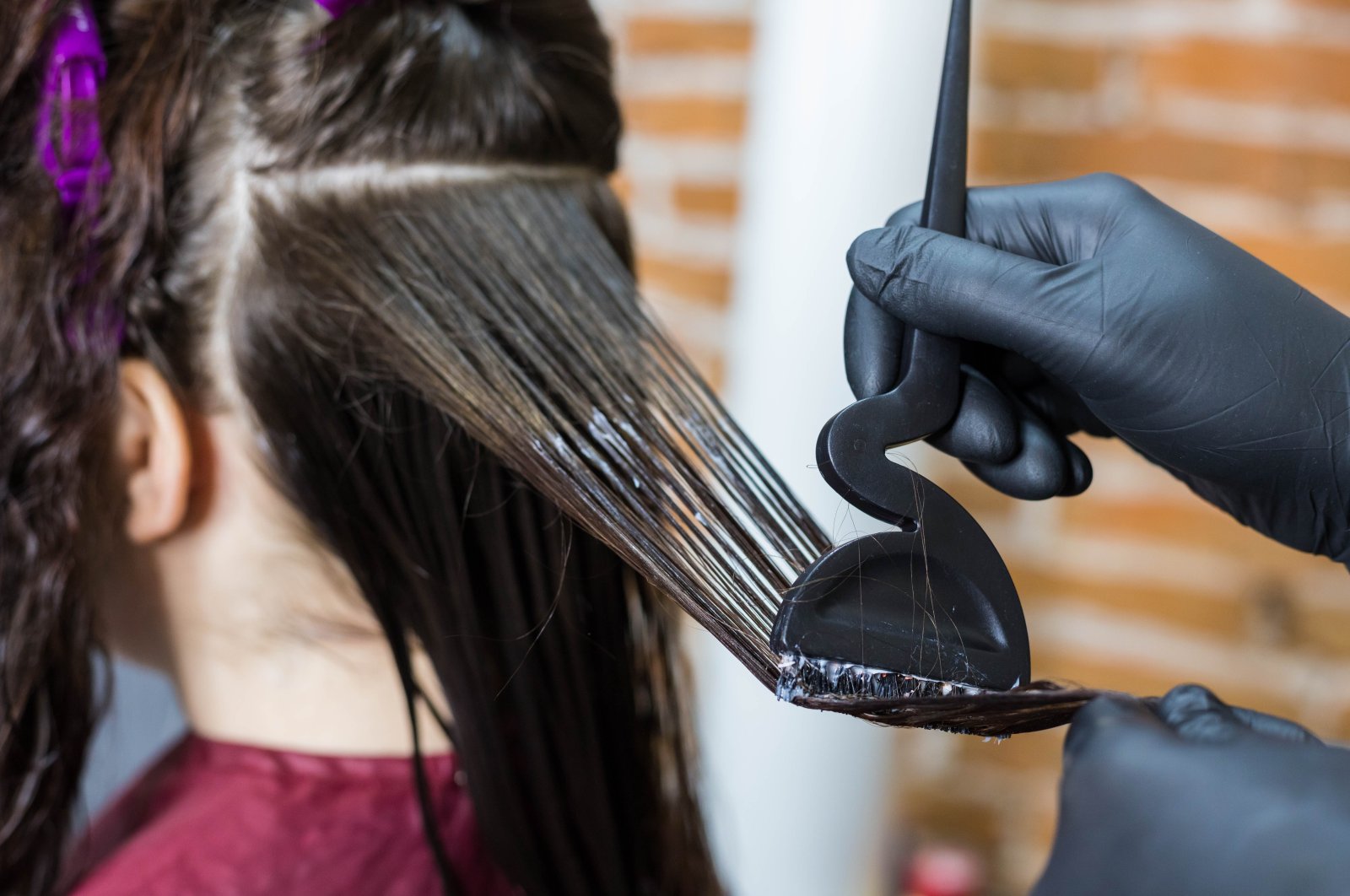
We engage in styling, curling, and bleaching to enhance our hair's beauty, but these practices can harm the natural keratin layer, a fundamental component of hair.
The result: Brittle strands and a rougher, frizzier overall look.
There are a number of special hair sprays, shampoos, and conditioners that contain keratin, and while they cannot penetrate the depths of the hair structure, they can help to repair unevenness on the surface of the hair.
In other words, small fractures or damage can be fixed this way, making the hair appear less brittle and giving it a shinier and silkier look.
You can recognize appropriate hair care products by looking at the list of ingredients, where you may see the chemical protein keratin listed.
Not all keratin products are meant for use at home, however, and among the professional treatments you can get is the so-called "Brazilian blowout," meant to straighten out frizzy hair into straight hair.
"After your hair treatment, you shouldn't get your hair wet for several days or pull it back with hair clips, scrunchies (elastics), hats or sunglasses," the U.S.-based medical center Cleveland Clinic says.
A professional treatment, although often expensive, can keep your hair smooth for up to six months.
Certain formulas with rice protein and lotus blossom extracts, for example, can offer additional care for the hair. Immediate-aid, compact and direct-repair treatments can strengthen the structure of dry, damaged hair with just one application.
Be careful not to mix up keratin and creatine, as the two have different jobs in our bodies. While keratin, which consists of amino acid chains, is found in the skin and nails, creatine plays a role in the energy metabolism of skeletal muscles.
Therefore, It is not used in hair care but in dietary supplements for athletes, for example. If you want to help your body replenish its natural source of keratin, then the Cleveland Clinic experts suggest eating more broccoli, carrots, eggs, garlic, kale, salmon and sweet potatoes.
